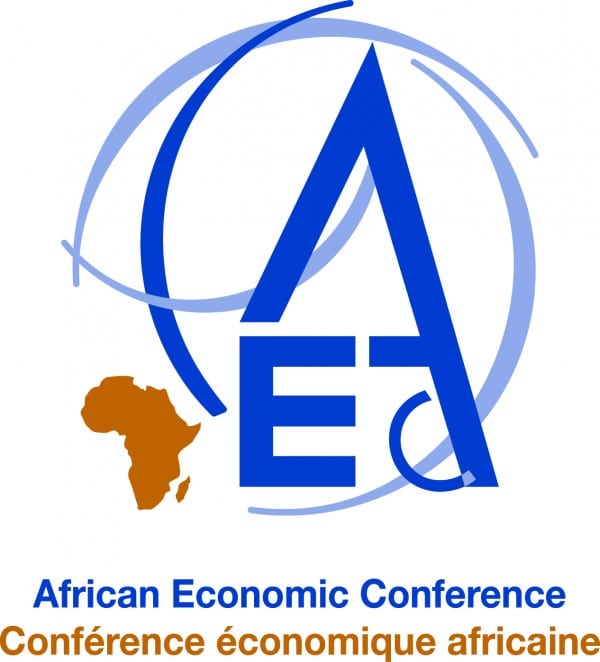Recently, tech startups in Nigeria have been piquing the interest of tech giants, investors and venture capitalists all across the globe. As these startups continue their climb to success, it seems like the economic landscape in the African country is starting to show signs of a highly anticipated digital boom.
A number of tech entrepreneurs have pointed to Nigeria as the go-to country for a tech business hoping to lay roots in Africa.
The success of the rapidly growing e-commerce startups Mall for Africa, Jumia and Konga is a clear sign as to why Nigeria is seen as a tech hot spot that’s on the brink of igniting a continental digital firestorm.
Mall for Africa was launched back in 2011 by two Nigerian brothers Chris and Tope Folayan. The e-commerce site focuses on selling American goods to middle- and upper-class consumers in Nigeria. In 2014 alone, Mall for Africa brought in $17 million in sales and teamed up with major retailers like Barneys, Bloomingdale’s and Best Buy.
Jumia and Konga concentrate more on the general consumer market in Nigeria rather than the niche audience Mall of Africa is going after.
Together, both of the online retailers have obtained more than $300 million in VC (venture capital) funding.
This trend was driven partially by the growing amount of spending power in Africa, especially in Nigeria.
A report by the McKinsey Global Institute said that consumer spending in Africa is expected to exceed $1 trillion in the next five years. Nigeria is already seeing an impressive $400 billion in consumer spending.
McKinsey estimates that tapping into that growing market could lead to more than $75 billion being generated in e-commerce revenue alone by 2025.
Konga CEO Sim Shagaya says that the market has always shown an interest in more technology and e-commerce but simply didn’t have the infrastructure to back it.
“The energy is already out there,” Shagaya told Fortune. “Africa does not lack an abundance of people to buy things, sell things or move them around. What Africa lacks is a 21st century operating system to make it all work.”
With more investors, major tech companies and venture capitalists seeking opportunities in the Nigerian market, however, an Internet boom seems imminent.
Konga and Jumia, while competitors in the market, are both leading the way for Nigeria to unlock its full economic potential in cyberspace because they are proving just how profitable Nigeria and the rest of the African continent can be.
They are also showing tech giants that it is possible to overcome the country’s unique obstacles.
A series of events have had some entrepreneurs wary of tapping into Nigeria’s market.
The country’s president recently fired the central bank governor, Lamido Sanusi, because he blew the whistle on $20 billion in missing state oil revenue.
Not too long after that, news of the Boko Haram kidnapping shocked the globe, and the country’s presidential election was delayed for six weeks.
In summary, Shagaya says, the problem is corruption.
“In ways, the country’s challenges create the opportunities,” Shagaya said. “But there are some problems you can’t get away from, like $20 billion missing and hundreds of girls kidnapped. The common denominator in all this is corruption.”
Either way, the entrepreneurs behind these incredibly successful e-commerce startups are focusing on the country’s incredible amount of untapped potential.
“We know it has more potential than where it is now,” Shagaya noted. “Creating jobs and successful 21st century ventures will serve that. We will make money, but in doing so, we will also fix problems.”






